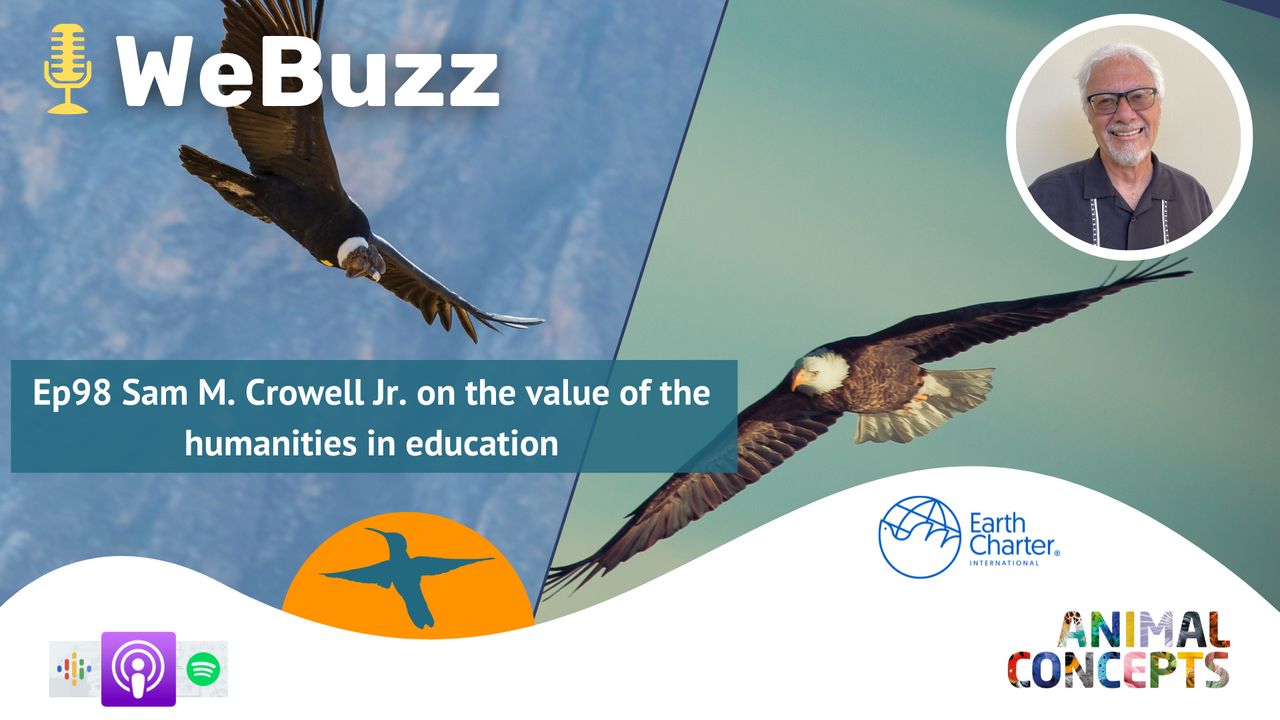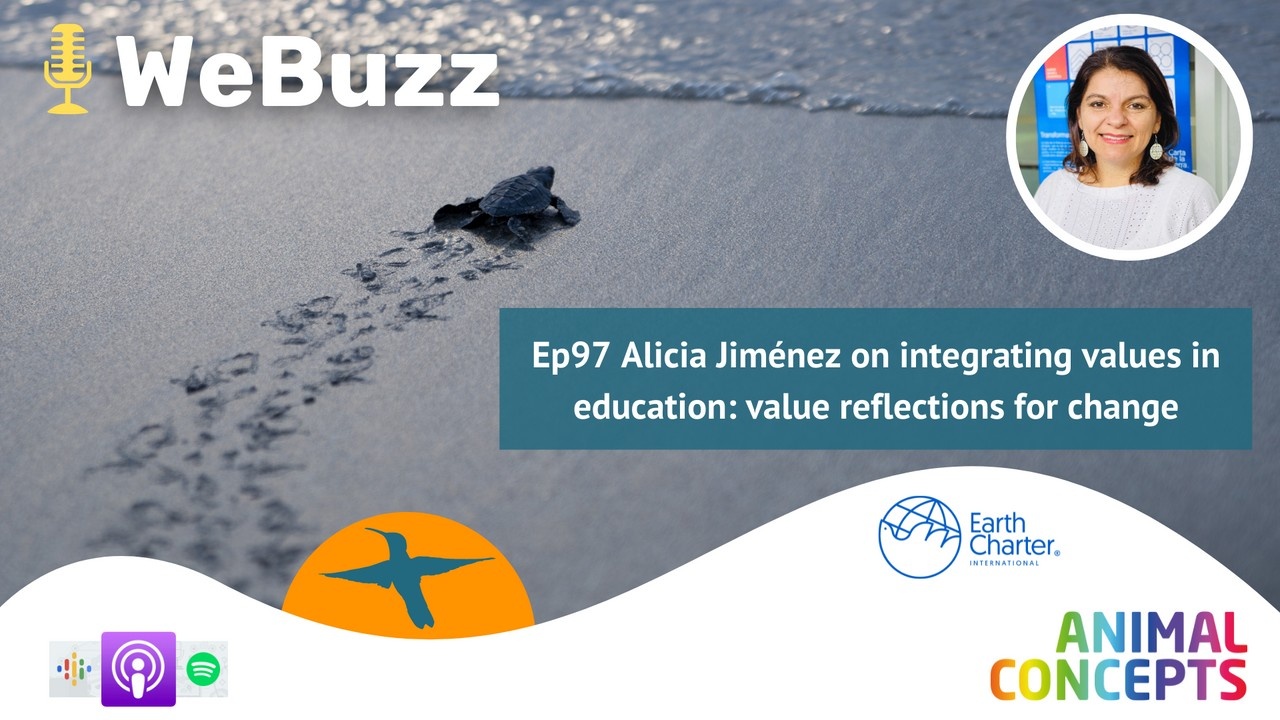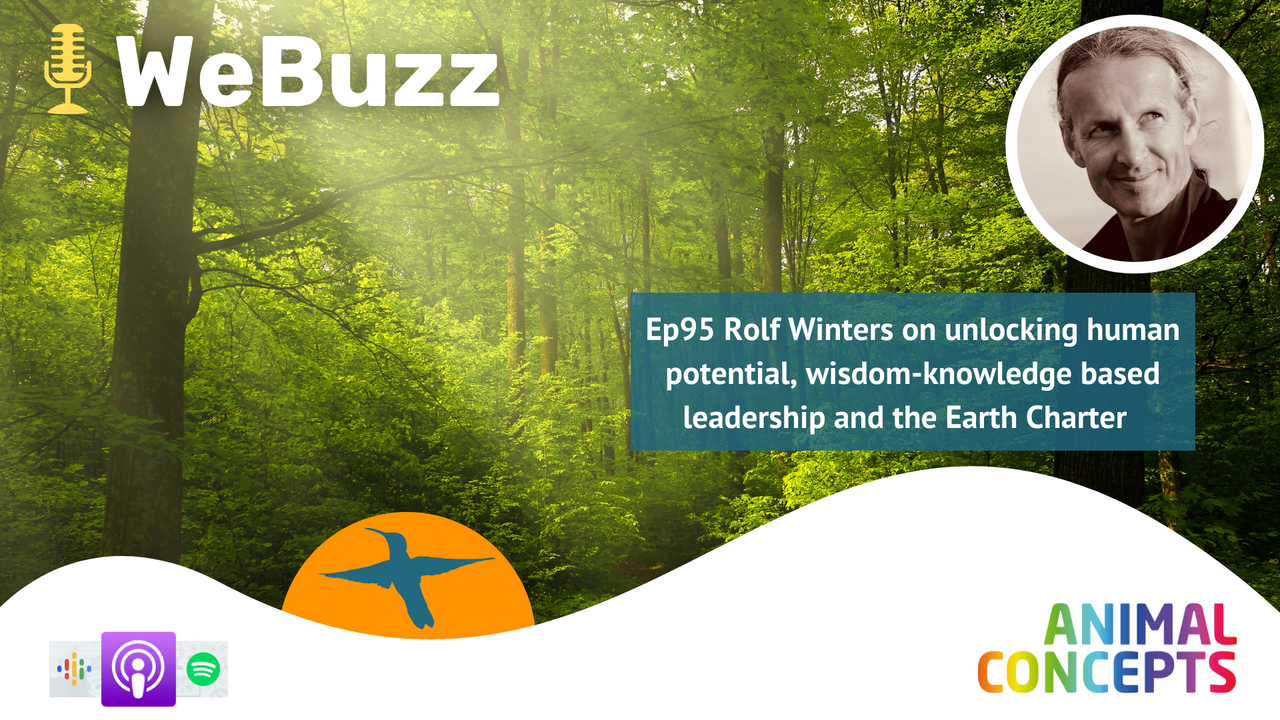Science into Practice #121 The effect of handling methods on cortisol levels in harbour porpoises

There is an increasing concern for improving the well-being of marine mammals held in human care for research, display, and rehabilitation. Therefore, more effort is progressively put into assessing animal stress. The ability to measure stress is indeed necessary for identifying the least stressful methods for capturing and handling marine mammals. Circulating cortisol levels are accepted as a sensitive indicator of acute stress in marine mammals, particularly in relation to capture and handling. This study presents the first long-term monitoring of cortisol levels in four harbour porpoises (an adult male, an adult female and two juvenile females) held in human care.
Links to some practical examples


Science into Practice #120 The ethics of animal training procedures

While science and ethics are separate philosophical approaches, they are not mutually exclusive - ethics can and should drive science and vice versa. In other words, scientists and animal care practitioners should be involved in making ethical decisions and the ethics can be supported and facilitated by scientific observations and data. Animal training ethics are guided by a number of principles, such as any existing legislation surrounding the use of animals, training guidelines, and the opinions and experience of animal trainers. It is important that these guidelines are adaptable and flexible; as more data is collected through practice, animal welfare scientists and practitioners can continuously seek various methods of improving the living conditions of animals living in and out of human care.
Links to some practical examples
2022 AALAS - A culture of care for human wellbeing

In October 2022 Sabrina Brando from AnimalConcepts and Sally Thompson-Iritani from the University of Washington presented at the 73rd AALAS Conference in Louiseville, USA and featured a Spotlight Forum on oncology in laboratory animal science. Sally presented our poster on "A culture of care for human wellbeing: The importance of cross-pollination across animal-related fields". If you feel inspired you can download the poster on our Resources page HERE

Ep98 Sam M. Crowell Jr. on the value of the humanities in education

“I realised this isn’t new, this interconnection, this view of holistic understandings of who we are… back to indigenous cultures” - Sam Crowell
This podcast utilises the audio from the webinar that took place on 30 April 2021 on the Planetary wellbeing platform by AnimalConcepts.
Let us welcome Dr Sam M. Crowell Jr. He is a professor emeritus from California State University, San Bernardino. He founded the MA in Holistic and Integrative Education and is a founding member of the Network in Spirituality and Education. He serves as a faculty member of the Earth Charter Education Center for Sustainable Development and has been engaged in the Earth Charter movement for several years.
Sam informs us how his beginnings with his doctorate in the social foundations of education, influenced his career as a teacher. He enthused about how teaching, allows for collaboration and further learning. Furthermore, he highlights how his indigenous heritage has given influenced his teaching style and sen...
Ep97 Alicia Jiménez on integrating values in education - value reflections for change

“Education can change minds, if you can change minds, you can change mindsets, you change the behaviours and change the collective, so it is crucial”. - Alicia
This week’s podcast utilises the audio from the webinar interview led by Alicia Jiménez which took place on the 29th of January 2021 from the AnimalConcepts platform.
Let us welcome Alicia Jiménez, the Director of Programmes at the Earth Charter International Secretariat in Costa Rica. She has been working in the field of conservation and sustainable development since 1998.
The conversation discusses why it is essential to work together to maintain nature. However, this would require a new mindset, through cultural transformation to expand our perception and rethink our values. Education is a key player in this and can influence change. The Earth Charter can be used as a guideline to produce lessons.
The Earth Charter is a working document, containing sixteen principles within four pillars in sixty languages to promote a glo...
FELASA 2022 Culture of Care

In June 2022 Sabrina Brando from AnimalConcepts and Sally Thompson-Iritani from the University of Washington presented at the15th FELASA Congres in Marseille, France, a joined FELASA and AFSTAL event. The motto of this FELASA Congress is COMMUNICATION. The central theme led through various content streams: communication between animals, between animals and humans, between fellow researchers, between trainers and trainees, between laboratory Animal Science specialists at all levels and the Society. Sally presented our poster on "A culture of care for human wellbeing: The importance of cross-pollination across animal-related fields". If you feel inspired you can download the poster on our Resources page HERE

Ep95 Rolf Winters on unlocking human potential, wisdom-knowledge based leadership and the Earth Charter

“Crises offer an invitation to do things differently. Embracing this opportunity clearly demands an overhaul of what is considered ‘leadership’ in our society. We need to up our game! What we need are masterful warriors with a crystal clear vision and the ability to incite the necessary inspiration, creativity and faith that catalysis transformational change. We need wise leaders instead of smart managers.” - Rolf Winters
Let us welcome Rolf Winters to WeBuzz. He is an explorer of life, a leadership coach, a public speaker, and Wise Leaders Ltd founder.
Rolf starts by explaining how the meaning of success is fluid and changes every few years, as well as being subjective to the individual and what they had aimed to achieve. He explains how in his profession, he aims to promote the spirit of an individual and groups.
Rolf shares with us about when he and his family lived with a clan of native Americans. They took themselves out of the Western system to live with nature and learn a ne...
Ep94 Mirian Vilela on the Earth Charter, storytelling to promote system thinking, and relationships with everyone including the Earth

"It’s important to emphasise that a key purpose of the Earth Charter is to expand and deepen a consciousness with regards to how we ought to relate not only with ourselves, and with others, but also how we ought to relate with the large living world." - Mirian Vilela
Let us welcome Mirian Vilela who is the Executive Director of the Earth Charter International Secretariat and the Centre for Education for Sustainable Development at the University for Peace (UPEACE). Additionally, Mirian coordinates the UNESCO Chair on Education for Sustainable Development with the Earth Charter.
Mirian first introduces us to her upbringing in Brazil on her father's farm, and how this cultivated a connection to nature.
Irma and Mirian then discuss what is the Earth Charter, how it was born from common human shared values and how the Earth Charter played a key role in Mirian’s life, giving her a voice. They also share the importance of telling stories to promote system thinking to establish relationship...
Ep93 Grian Cutanda on social and environmental activism, storytelling, and the Earth Stories

Grian A. Cutanda has a PhD in Social Education from the University of Granada (Spain) and a Degree in Psychology from the University of Valencia. He is an author of fiction and essay, with 16 books published, some of them translated into 12 languages, and a number of academic papers and chapters at the request of various universities. To highlight his international bestseller The Gardener, published in English by Thorsons (HarperCollins) in 1998.
Social and environmental activist, Grian has been an organiser and coordinator in different fields within social movements such as the Indignados Movement in Spain, forerunner of the Occupy Movement in 2011; the People’s Climate March in 2014 and the subsequent 2015 climate campaign in Edinburgh (Scotland); and Extinction Rebellion, as co-founder of XR Spain and regional liaison for Latin America in XR International. The impact of his environmental activism reached an international level with a documentary screened at the Royal Anthropologica...
Ep92 Charlotte Corney about growing up in a zoo, the Wildheart Animal Sanctuary, and the SERVIVAL campaign

Let's welcome Charlotte Corney, the former CEO of the Wildheart Animal Sanctuary in the Isle of Wight and the founder and trustee of the Wildheart Trust.
Charlotte tells us of what it is like growing up in the Isle of Wight Zoo (now the Wildheart Animal Sanctuary), and how agreeing to hand-raise Zia the Tiger cub committed herself to work with animals. She explains the journey from a zoo to a sanctuary, yet emphasises that throughout the sanctuary's history, each animal's life has always mattered.
“One thing, to this day, remains absolutely unshiftable, and that is that individual life matters to each and everyone of our animals, and never ever were our animals a commodity. The animal's life always comes first”.
Each animal in their care acts as an ambassador animal to promote the conservation and protection of animals. Charlotte gives us an example of SERVIVAL, a campaign to ban the breeding of exotic felids, such as Servals, with domestic cats. These ambassador animals contribute ...



